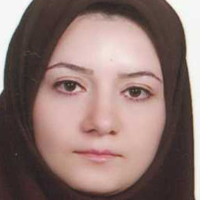The Cross-Effect of Fiscal Decentralization and Corruption on Budget Deficit in Iran: A Canonical Co-Integration Regression (CCR) Approach
Fiscal decentralization can effect on the government revenues and expenditures and consequently the budget deficit by influencing the level of corruption. Accordingly, the main purpose of this study is to investigate the long run effect of fiscal decentralization on the budget deficit in Iran through the corruption channel during the period of 1992-2017. For this purpose, the three indicators of fiscal decentralization of revenue, fiscal decentralization of expenditures, fiscal decentralization of autonomy power, corruption index and also some control variables including inflation and the share of oil revenues in GDP have been used. In order to estimate the model, Park co-integration test and Canonical Co-Integration Regression (CCR) approach have been applied. Based on the results from model estimation, all three indicators of fiscal decentralization reduce the budget deficit in the long run through the control of corruption channel. Therefore, providing the necessary conditions for the expansion of fiscal decentralization can help to reduce the budget deficit in Iran by controlling the level of corruption. According to other results, in the long run, inflation and the share of oil revenues in GDP have a positive and negative effect on the budget deficit, respectively.
-
Oil Rent; Peaceful or Violent?
Sahebe Mohammadian Mansour *,
Journal of Strategic Management Studies, -
The Asymmetric Impact of Global Geopolitical Risk on Defense Spending in Iran in the Form of VECM Model
*, Sahebe Mohammadian Mansour
Scientific Journal of Defense Policy,




